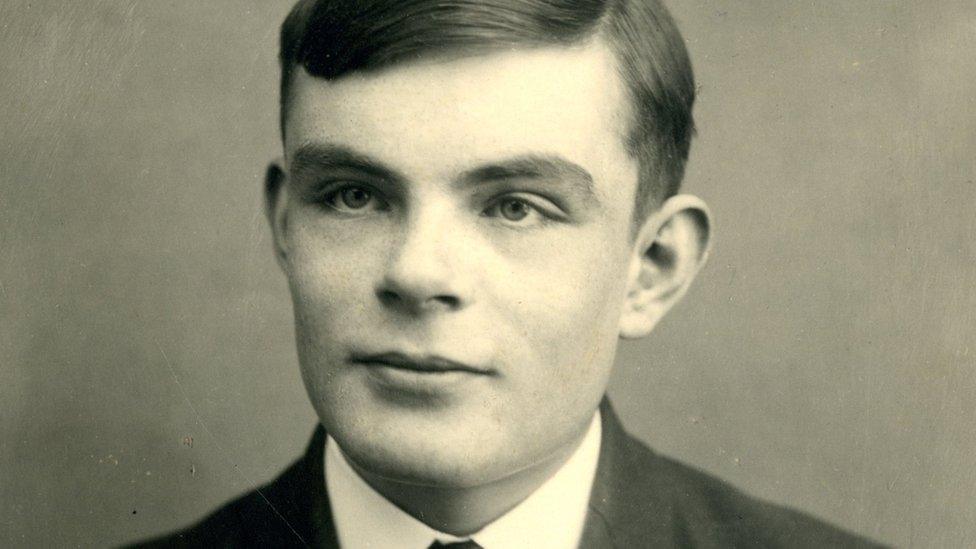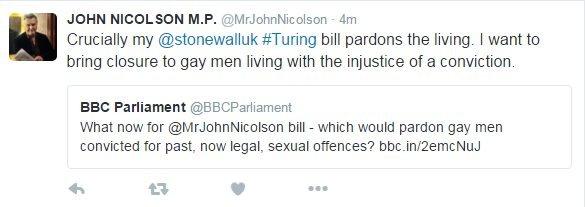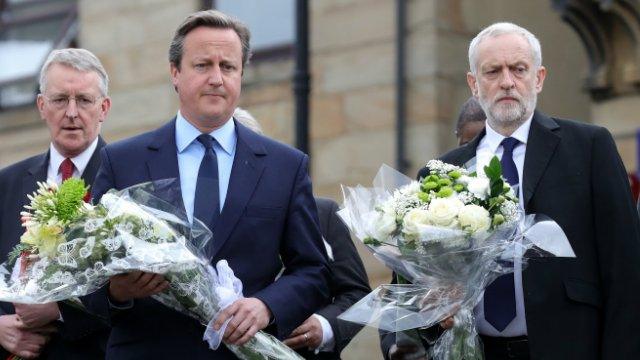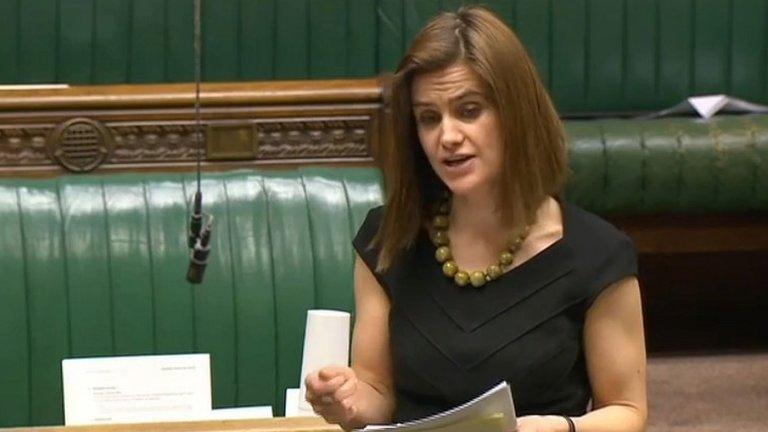Redundant bill?
- Published
- comments
What does the government's proposal to pardon gay men convicted in the past for sexual offences that would not be crimes now portend for tomorrow's private member's bill, proposed by the SNP's John Nicholson?
Mr Nicholson's bill aims to accomplish the same objective, external - for England and Wales, incidentally, it would not apply in Scotland. He thought he had government backing, with a promise of "no tricks" and when I spoke to him this morning, he was far from clear what was going on.
One clue may be the fact that despite being first up for debate tomorrow (Friday 21 October), the Nicholson Bill was only published on Wednesday 19th. Behind the scenes, he had been negotiating with the Home Office to address their concerns - a particular fear was that a blanket pardon might, inadvertently, cover sex offences with children, that would still be illegal today, that had been plea-bargained into gross indecency charges.

World War II code-breaker Alan Turing was given a posthumous pardon in 2013
Mr Nicholson retorts that under his bill, men seeking a pardon, in cases where the age of the other person involved in the historic offence was unclear, would have to prove that their age and the other circumstances would not mean the conduct was illegal today.
He believes this mechanism would address the government's concern.
But the government has decided to offer a pardon process to an estimated 15,000 people, who have convictions for a now-abolished offence, and have applied to the Home Office to have it "disregarded."
This will be done via an amendment to the Policing and Crime Bill, currently under detailed scrutiny in the House of Lords (it's back in the Chamber for committee stage consideration next Wednesday).
They also propose to offer posthumous pardons to an estimated 35,000 people who were convicted. This follows on from the bill piloted through by the Lib Dem Peer, Lord Starkey, to pardon the wartime code-breaker and computing pioneer, Alan Turing, who committed suicide after his gross indecency conviction.

Does this amendment trump Mr Nicholson's bill?
"My bill is more about the living than the dead," he says. And there is no requirement for him to drop it, just because ministers have proposed something similar.
But if the government prefers its own proposal, he may not have their support in the Commons tomorrow, which could mean awkward squad opponents are freed to block him, by the time-honoured means of long speeches to use up all the available debating time.
Will Mr Nicholson still be able to muster the 100 MPs he'll need to defeat such tactics? Tune in tomorrow.
UPDATE: the Leader of the Commons, David Lidington has just confirmed, at Commons Business statement, that the government no longer supports the John Nicholson bill.
- Published17 June 2016

- Published17 June 2016
